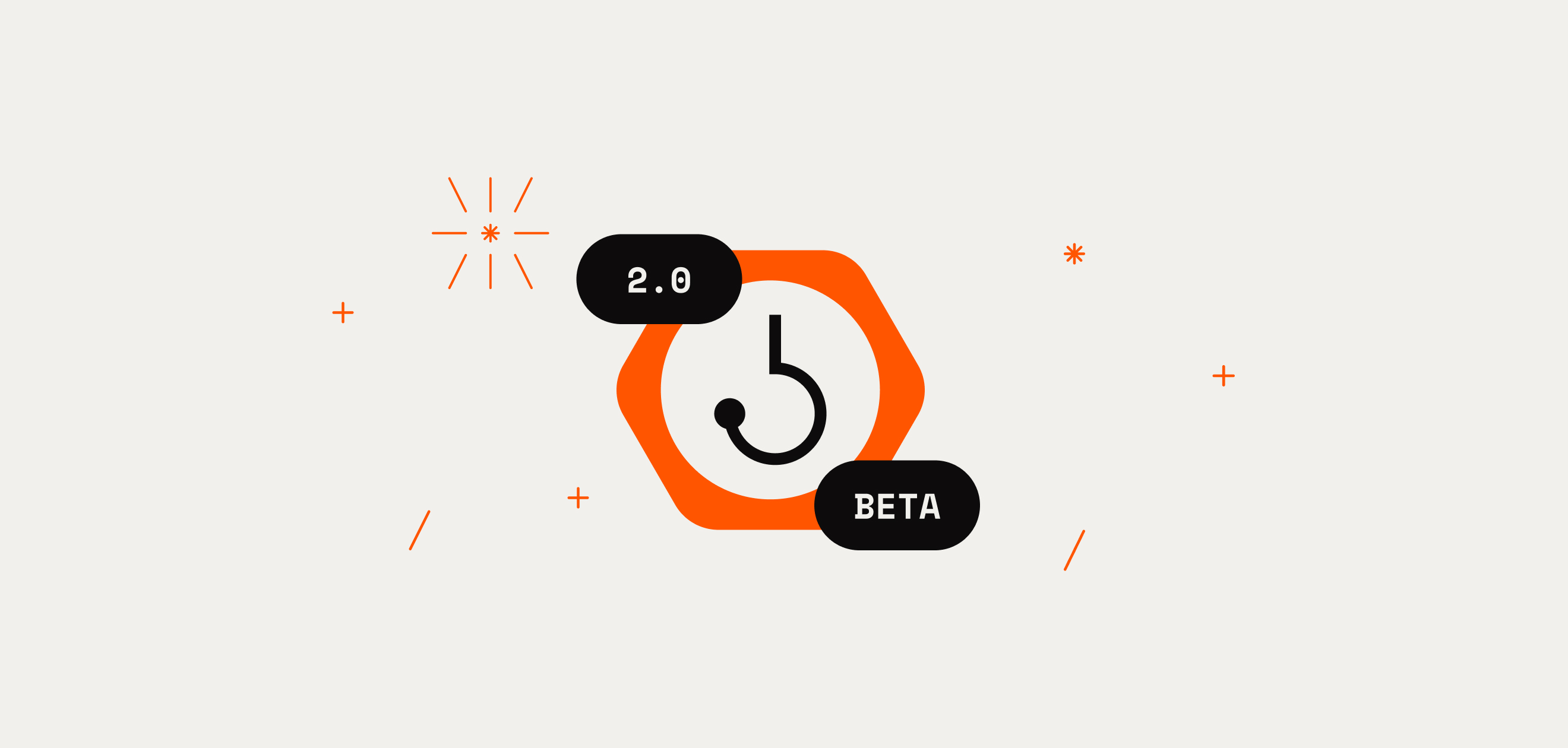Contents
From core protocol contributions to improvements in Hiro’s devtools, let’s take a look at what we shipped in January and share some of our priorities in February:
Release Roundup
DevTools
Clarinet
- We released a beta version of Clarinet for early feedback that features mainnet transaction simulation. This feature (coming in February) brings mainnet data to Clarinet simnet and makes it easier to simulate and test transactions with other contracts like oracles and DeFi protocols.
- We also updated testnet epoch heights in Clarinet simnet and devnet to match primary testnet, bringing greater accuracy to Clarinet’s network simulation (which in turn brings more confidence to your local testing).
- See the latest version of Clarinet here.
Stacks.js
- We refined post-condition types for more exact types in the transaction data structure.
- When estimating fees for a token transfer, you can now either supply the transaction itself or its estimated size in bytes (new).
- We updated package versions across Stacks.js to make sure that no matter what package you’re building with, you’re always using the latest and most reliable versions in your application.
API Services
Stacks Blockchain API
- We added native fee estimation to the Stacks API, massively improving the accuracy of suggested transaction fees in the Stacks Explorer. And in most cases, more accurate translates to way cheaper. Think 10-100x cheaper. Learn more in this thread.
- We also added tracking for Stacks block counts at the previous burn block. This will help us track when a Bitcoin block gap or a block pause occurs more effectively.
Blockchain
- Hiro engineers contributed to the public blockchain working group on a number of optimizations in both the stacks-signer and stacks-node binaries that enable more consistent block production. Those changes include signer improvements, such as better block proposal handling and added config options for tenure extensions after idle time, as well as miner improvements, such as accurate tenure-extensions in specific Bitcoin block production scenarios and config options for block proposal management.
Stacks Explorer
- Unverified tokens now come with a warning on the Stacks Explorer to help users avoid risk. We added a banner to warn users about risky tokens that could mislead users by mimicking other more well known tokens on the network.

- We also added updated language around transaction states, so users can better understand the state of their transactions.

Documentation
- We launched the Hiro Cookbook, a series of code recipes that feature reusable snippets that you can use directly in your application. Today, there are 22 recipes, and we are regularly adding more all the time.
- We also added references for the Signer Metrics API in docs, so you can fetch data on the performance of Stacks signers.
- Lastly, we brought back Hiro Hacks in 2025 and launched our first monthly hack in January. We’ll be launching new hacks every month, and participating devs will compete for their seat at a hacker house at one of the major crypto conferences this year. More details coming soon.
Looking Ahead to February
As we look ahead to the coming month, there’s a few releases to keep an eye out for:
- Mainnet transaction simulation in Clarinet simnet: We’ve been teasing this feature awhile, and its release is finally imminent. With this feature, we’re bringing mainnet data to simnet, so you can simulate transactions just like they would occur on mainnet. This is particularly helpful if your code interacts with other contracts like oracles or other DeFi protocols.
- Clarity code formatter in Clarinet: Alongside mainnet transaction simulation, we’re planning to release another big Clarinet feature in February: a Clarity formatter that will provide an opinionated framework for formatting Clarity code in a way that’s more readable, cleaner, and a better development experience.
- Paid API tiers: We are preparing to offer access to higher API rate limits via paid plans. If you’re interested in higher rate limits or have feedback to share, please reach out to us at platform@hiro.so.
As always, we will be shipping new features and upgrades outside of what’s listed here. Keep an eye out for new updates.Learn MoreFor a full list of releases and improvements by product, please view the following links:







